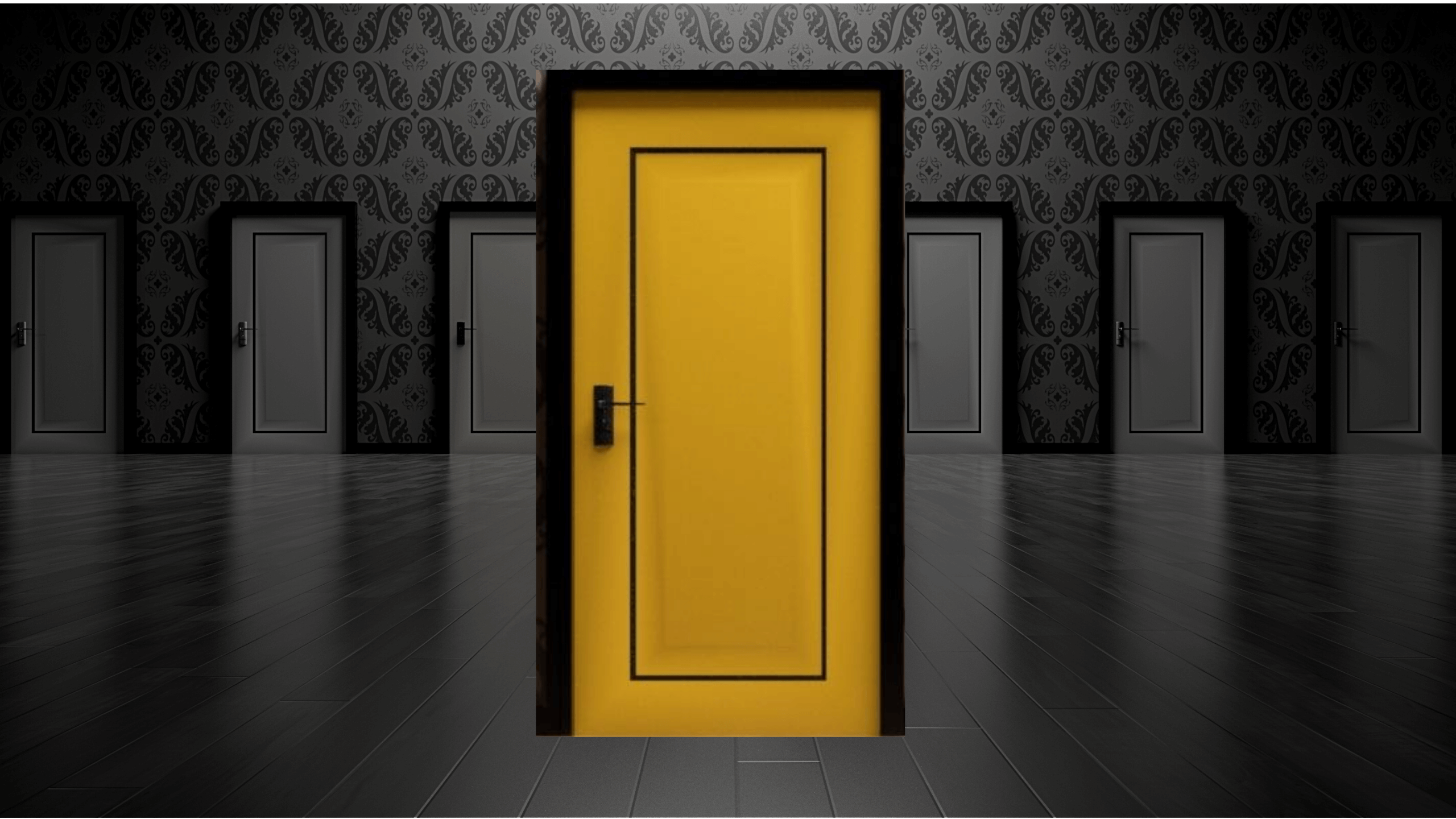
What are False Feelings?
What are feelings? The very question seems ridiculous to ask doesn’t it?
Feelings are of course joy, elation, happiness, sadness and all the other things we might feel. They are an emotional experience we have at a given point in time.
But where do feelings come from?
Feelings are triggered by stimuli in our environment. When I tell ladies I see in public that they shouldn’t be wearing short shorts because it reveals their large bulbous thighs, I often get a sense that they are upset, angry, enraged, and embarrassed – often all at once.
Curious thing isn’t it – an opinion I express, which is completely subjective, triggers an emotional event in another human being. From a cold logical perspective, we should be able to detach from external stimuli… but most of us are not wired this way.
An evolutionary perspective
From an evolutionary perspective, we have greater odds of survival if we fit into and belong with the tribe. Being receptive to how we fit in therefore makes sense, and feelings appear to be our way of making sense of information and triggering a change in the physical world.
In my example, these ladies with bulbous thighs might become more conscious of how they fit into the group, as a result of these negative feelings. If working correctly from an evolutionary perspective, the feelings should trigger the right response to enable group belonging.
Though, times have changed.
As we talked about in the widening gap, times have changed and navigating the world has become a lot more complex. We need to simultaneously simplify life as much as possible (MVL) whilst being more deliberate and intentional with our navigation (be the driver, not the passenger).
Raw emotional responses on their own are not enough to guide us. In reality, our thoughts are often driven from emotional responses… from feelings. Having no filter on these feelings and thoughts is not ideal… for instance, I should not tell every woman on the street she is bulbous whenever the impulse hits me to do so.
The world is more complex, and our feelings are not our most useful guide anymore.
False Feelings
This term is one I encountered in Robin Wright’s book Why Buddhism Is True. It refers to a feeling that does not lead us to do what is actually good for us – this rests on the assumption that the role of feelings is to mobilise action toward what is good for us of course.
My judgement on bulbous thighs probably is not a good opinion for me to express for the purposes of securing my place in ‘the group’ and avoiding being beaten over the head with handbags. The judgement and the verbalising of the judgement is triggered by a feeling – a feeling that this was the right course to take.
Of course there are false feelings that are much more dangerous, toxic and subtle than this. Consider for example the romantic feelings and attraction we might feel toward one who is toxic in their treatment of us – driving a chase, a pursuit destined to meet a tragic end. We are wired to procreate, to mate and reproduce, as well as find acceptance and validation. And so, Astro the Dog compels us toward such people.
How do we identify and overcome our False Feelings?
I don’t think the healthy thing is to second-guess our every thought and question its motives. But I have found that through daily journaling and constant reflection I tend to find my false feelings, negative thinking patterns, and feedback loops that hold me back. Awareness of them is a good place to start, so we can put them into perspective.
Suppression is not the goal either: We are emotional beings, this cannot be changed at the click of our fingers. You have Astro the Dog in your mind – you must walk and train your dog.
There are few situations where we want to react from a purely emotional place. Our objective must be to be less reactive and emotional, which comes through self-awareness, through dropping our attachments, through reducing our ego and decommissioning our insecurities.
That paragraph contains a lot of big words and concepts that are meaningless without the stories that go with them to help us unpack these ideas. For now I think a simple takeaway is to try things like journaling on a day-to-day basis, and to embrace life as a constant student.





